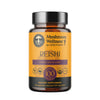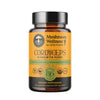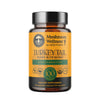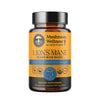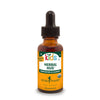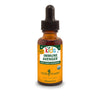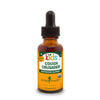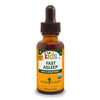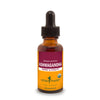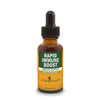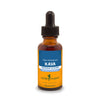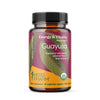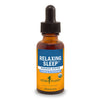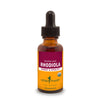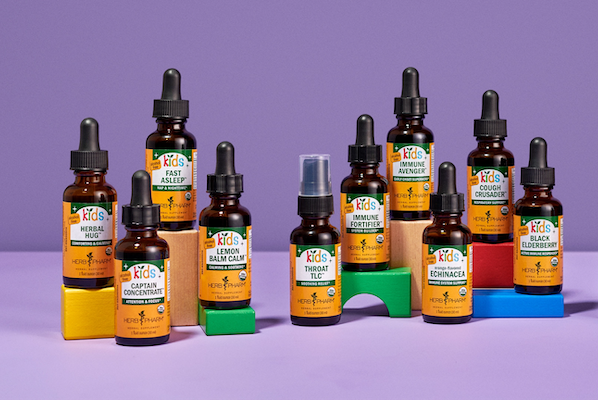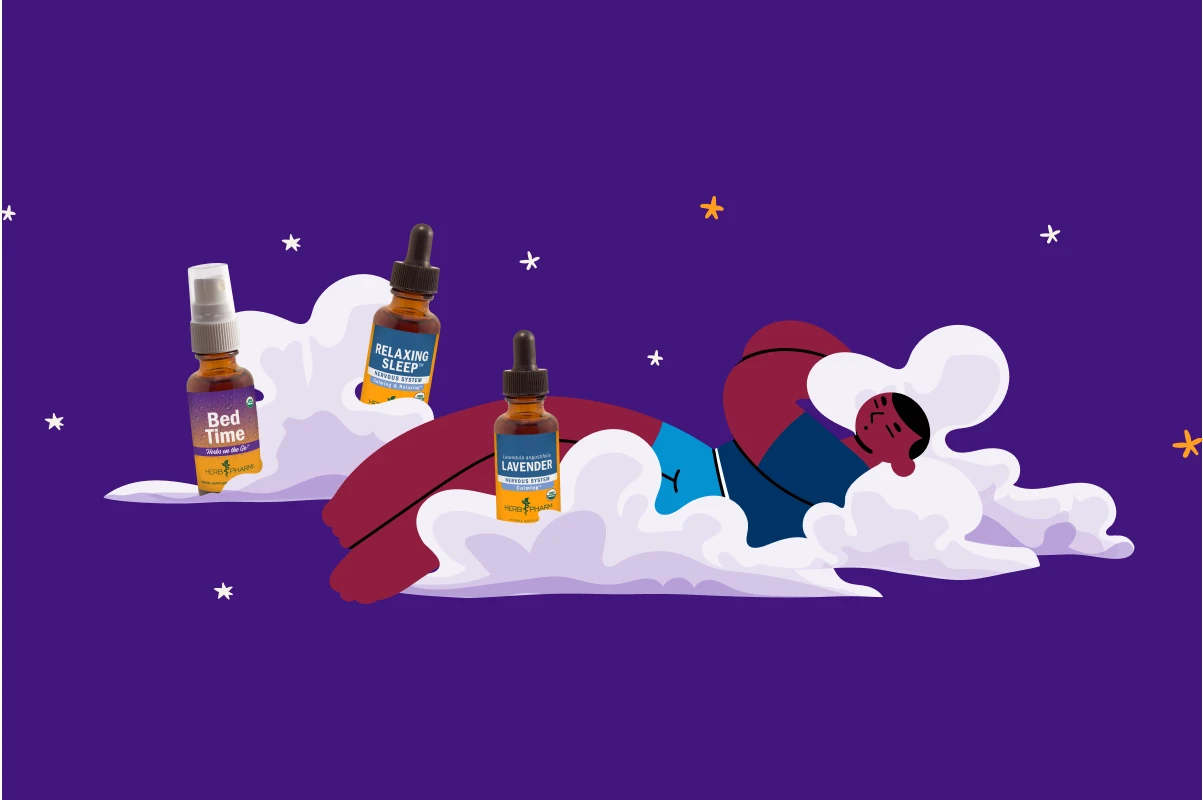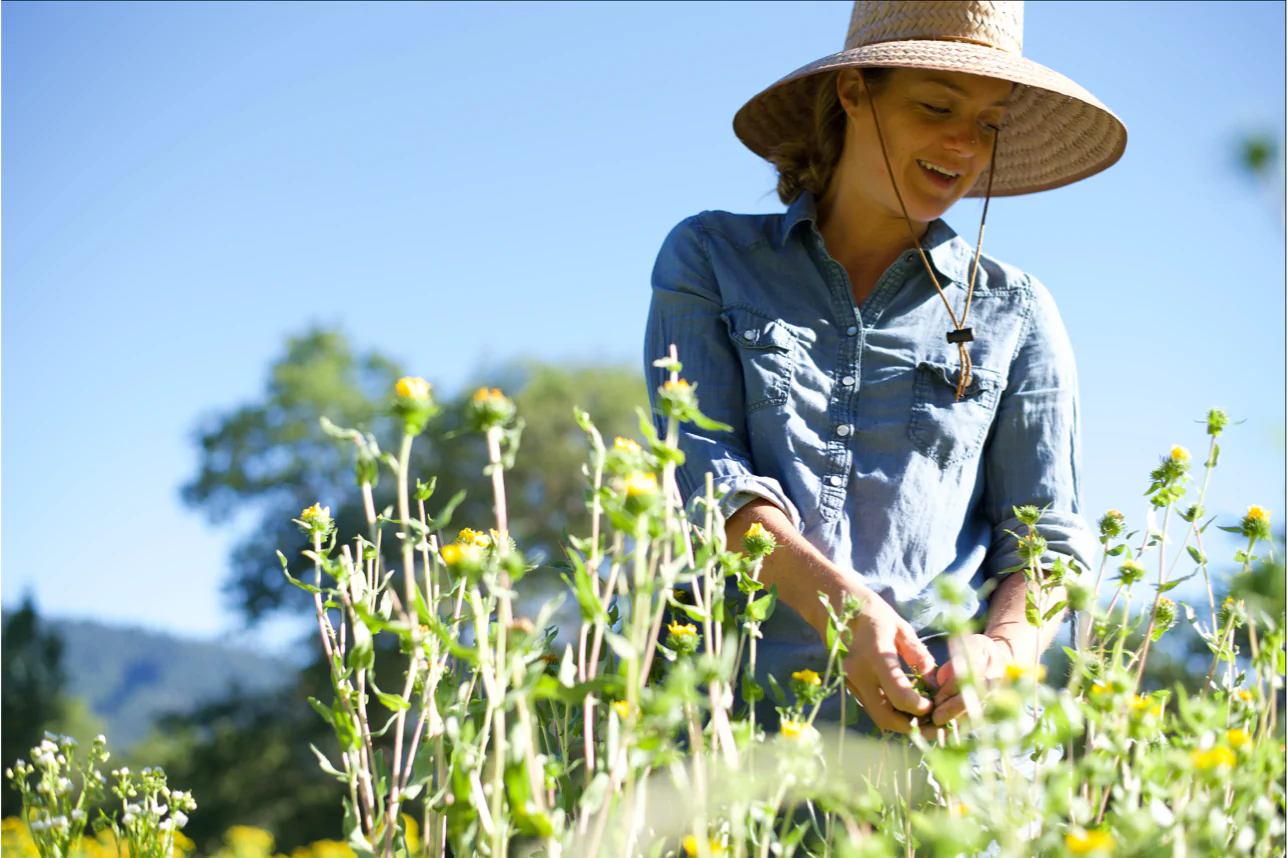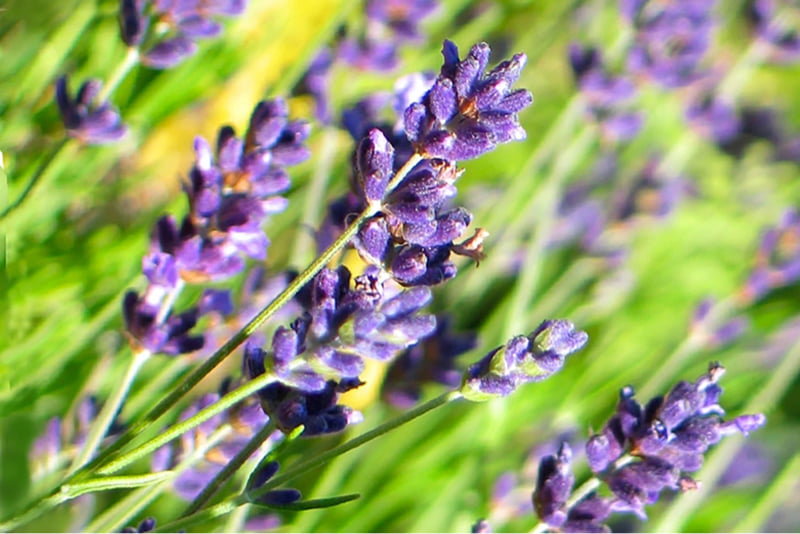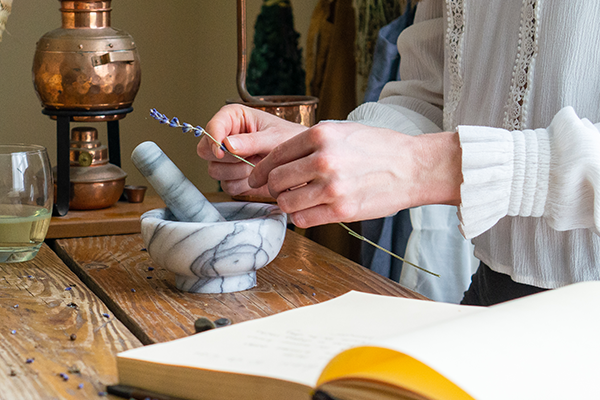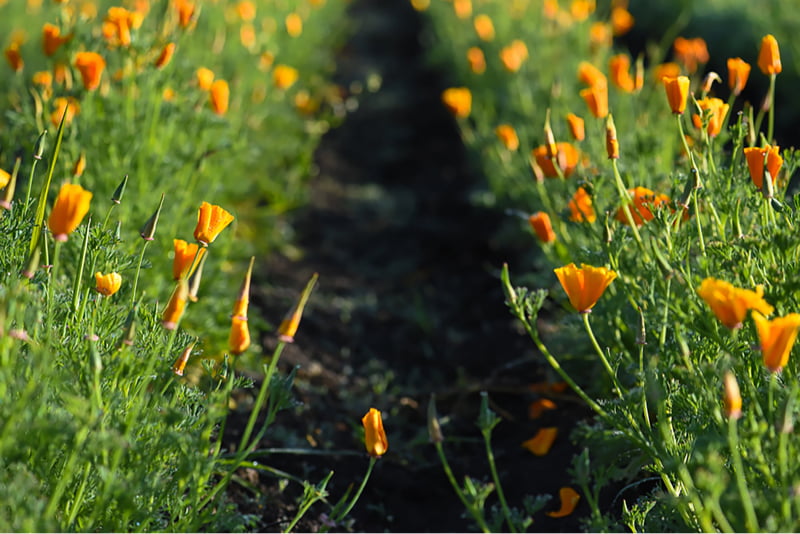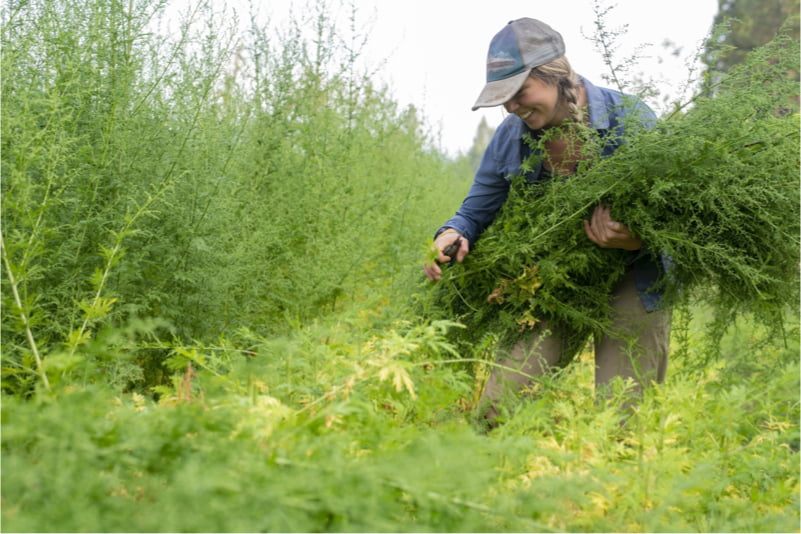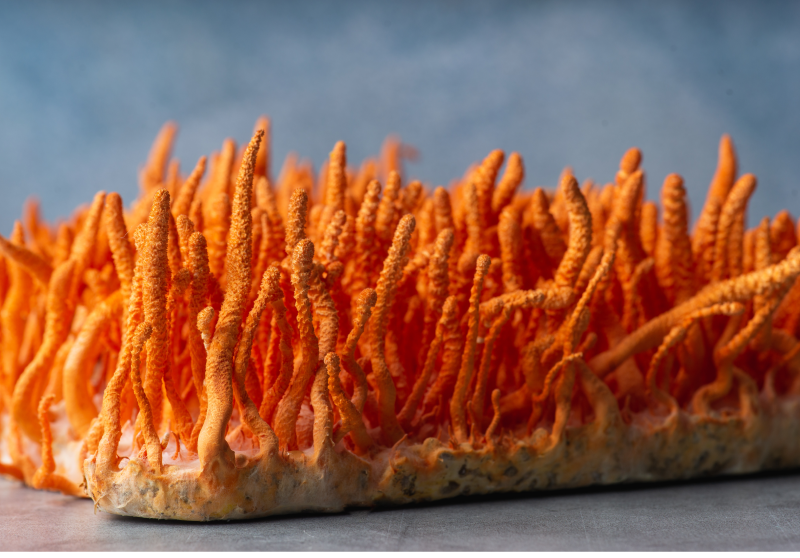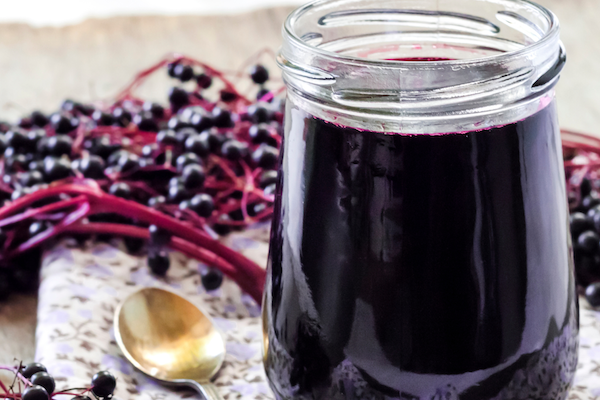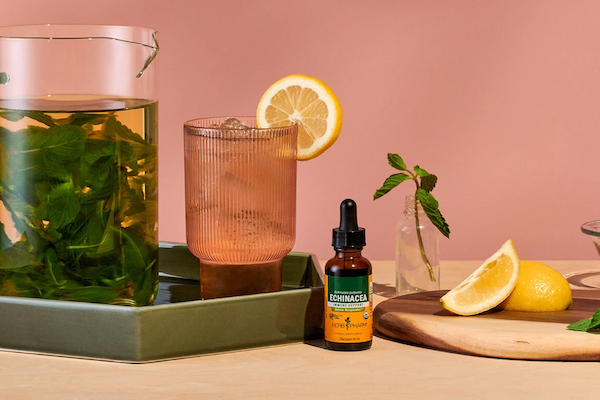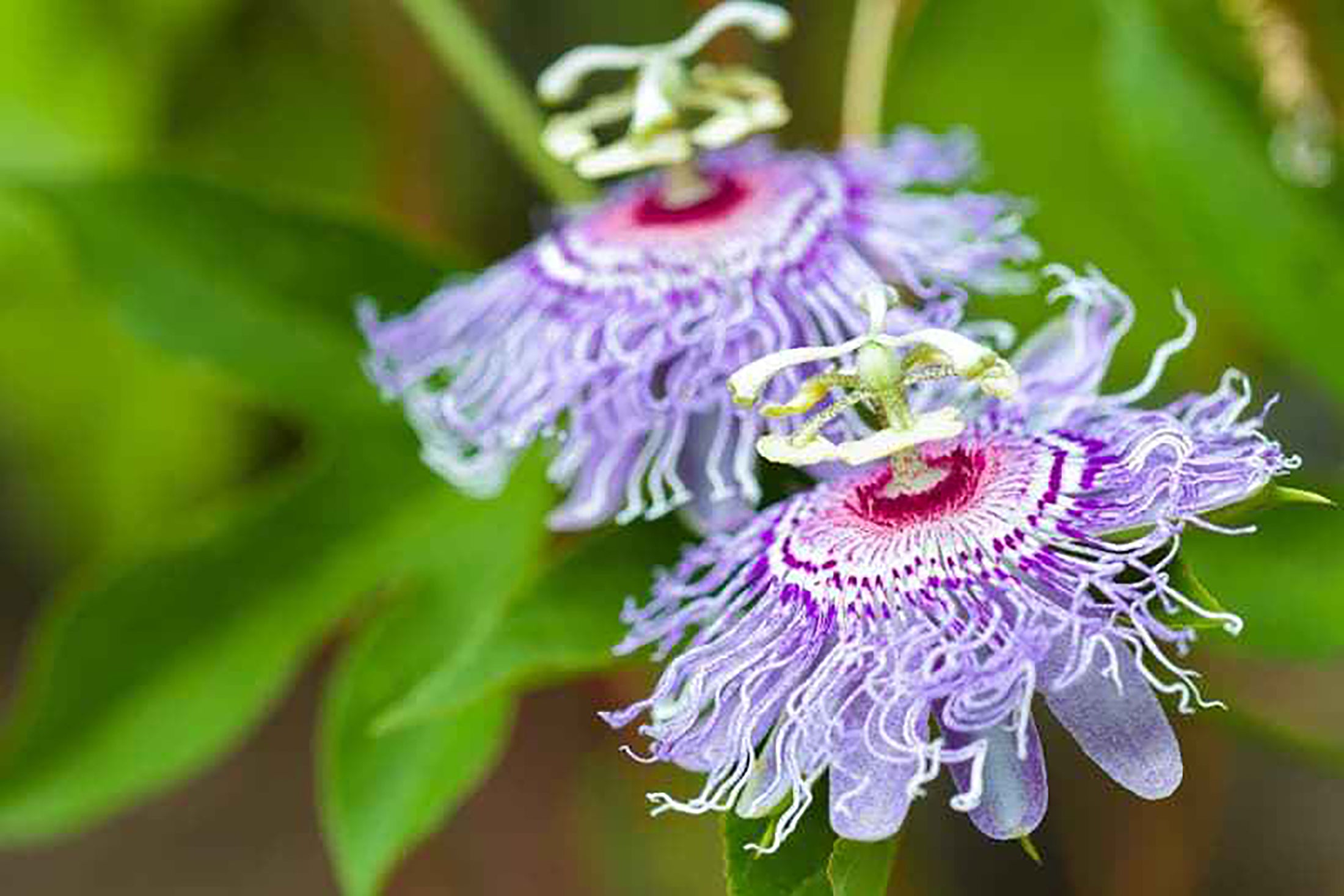We love talking about herbs and herbalism, and we especially love answering your questions about those
topics. That's why we brought in our team of herbal experts to respond to some of the most common questions
and concerns we hear.
Our herbalists have decades of combined experience working with herbs — and the people who take them. They
answer your most pressing questions, in our regular column “Ask an
Herbalist.”
How do you create a formula? Where do you start?
In herbalism, we use both single herbs and herbal formulas to support health and wellness. The process of
combining herbs into a formula is called compounding. There are several different approaches to herbal
formulation and many herbalists find that their formulating strategies evolve as they continue to work with
herbs. There is no one “right” way to formulate, and each herbalist adds their personal touch when
compounding.
At Herb Pharm, our formulations are developed with consideration for both modern scientific studies and
traditional use of herbs rooted primarily in Western Herbalism, which traces its history back more than
2,000 years. Our herbalists use their own experience, as well as extensive research, to carefully formulate
effective compounds in proprietary ratios.
There are many factors to take into consideration when compounding herbs. Generally, we start by considering
the goal of the formula. Other important considerations include taste and the combination of phytochemicals
found in each herb added. Most herbalists begin by selecting the primary herb (or herbs) that reflects the
goal of the formula, called the lead herb. Next, they add supporting herbs that accentuate and pair with the
lead herb.
Also included are herbs called drivers, synergists and corrigents, which make up a small part of the formula.
Drivers are herbs that help diffuse the formula to the body’s systems, such as Ginger or Prickly Ash.
Synergists, like Licorice are herbs that help blend and unify the constituents of a formula. Corrigents are
added to create a more pleasant and balanced flavor of the whole formula, such as Cardamom or Peppermint.
Herbal formulation can be subjective and unique to each individual herbalist—like an herbal work of art. Many
herbalists consider formulation to be a lifelong practice that grows with them as they continue to develop a
multifaceted understanding of each herb’s qualities. As such, the more time spent interacting with herbs,
the easier formulating becomes.
